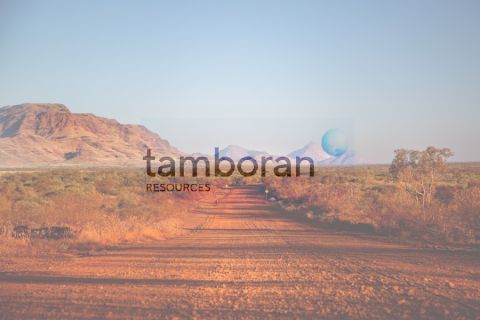The importance of Middle East oil supplies, which was brought into sharper focus after the September 11 terrorist attacks, could grow in the coming years unless proper policies are put in place now, a leading energy analyst says. The Middle East supplies one-third of the world's oil, and more than 10% comes from Iran, Iraq, Syria, Sudan and Libya, all countries with alleged links to terrorism, notes Amy Myers Jaffe, senior energy advisor and project coordinator for energy research at Rice University's James A. Baker III Institute for Public Policy, Houston. "You don't want the Middle East to be 40% of the global supply," Jaffe told Texas Independent Producers and Royalty Owners Association members at a recent luncheon. "Historically, when the Middle East gets more than 25% to 30% [of the market share], you start to see things happen that aren't in the interest of the global community." Some U.S. areas, such as the deepwater Gulf of Mexico, the eastern Gulf of Mexico and the Rockies, could produce substantial amounts of oil and gas, she added. "The U.S. Department of Energy projects that U.S. oil production could supply as little as 30% of U.S. oil needs by 2020. This is an unnecessary statistic. We're not having a resource problem. We're having a land-management problem." The government should institute good land-management policies and a good tax policy that recognizes that the commodity-price cycle isn't as long as it used to be. "We need contracyclical incentives for the industry. It's imperative. It's not a 10-year cycle anymore. Our tax policy has to reflect that." Also, U.S. automakers need to embrace more fuel-efficient technology, which could make a drastic impact on our reliance on Middle Eastern oil. Auto technology could be the difference between the Middle East being 50% or 10%" of world oil supply, she said. "And our oil industry would still be strong."
Recommended Reading
U.S. Shale-catters to IPO Australian Shale Explorer on NYSE
2024-05-04 - Tamboran Resources Corp. is majority owned by Permian wildcatter Bryan Sheffield and chaired by Haynesville and Eagle Ford discovery co-leader Dick Stoneburner.
1Q24 Dividends Declared in the Week of April 29
2024-05-03 - With earnings season in full swing, upstream and midstream companies are declaring quarterly dividends. Here is a selection of dividends announced in the past week.
Analyst Questions Kimmeridge’s Character, Ben Dell Responds
2024-05-02 - The analyst said that “they don’t seem to be particularly good actors.” Ben Dell, Kimmeridge Energy Partners managing partner, told Hart Energy that “our reputation is unparalleled.”
Tellurian Reports Driftwood LNG Progress Amid Low NatGas Production
2024-05-02 - Tellurian’s Driftwood LNG received an extension through 2029 with authorization from the Federal Energy Regulatory Commission and the U.S. Army Corps of Engineers.
Zeta Energy Appoints Michael Everett as COO
2024-05-02 - Prior to joining Zeta Energy, a lithium-sulfur battery developer, Michael Everett previously served as president and COO at Advanced Battery Concepts.





